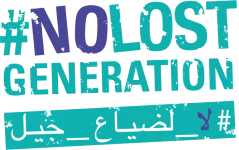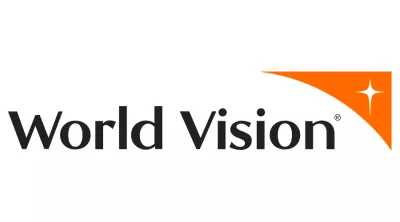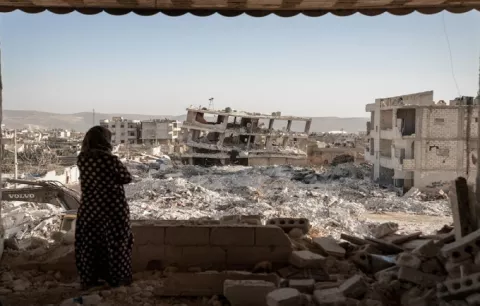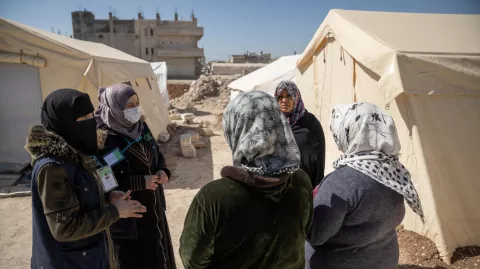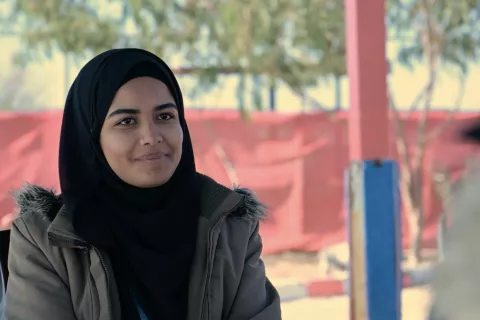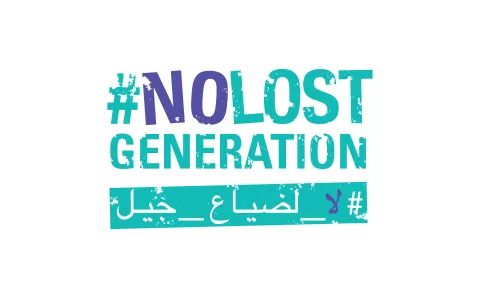Addressing traumas of Gender-Based Violence survivors in Northwest Syria
World Vision International
No Lost Generation is marking the 10th year of crisis inside Syria with a series of blog posts shedding light on the comparative situation of children. Publishing one blog post a day, we will underline the needs of children and youth affected by the Syrian crisis and share the experience of our partners responding to their plight. We need to redouble our efforts and rethink our interventions, to shape a better future for 10.7 million children.
Northwest Syria remains a challenging environment to work in for humanitarian workers. There has always been a lack of mental health and psychosocial support, in addition to the protection services provided to those who need them the most: Gender-Based Violence (GBV) survivors. Psychosocial support, a term that surfaced among charity organisations sits within the health and protection assistance, and can be referred to as the type of intervention that promotes or protects psychosocial well-being and mental health. This type of programming promotes a sense of safety, self- and collective-efficacy, promotes calming and hope, as well as connectedness. Survivors of GBV are those who benefit significantly from this type of intervention to help them overcome the traumas they have experienced whether within their families or community.
Women and girls are one of the most vulnerable groups in Northwest Syria. Not only have they experienced several displacement waves fleeing the conflict, but some have also been forced to get married at an early age to help ease the financial burden for families. According to a report released last year by World Vision, child marriage has become more common since the conflict in Syria began. More than half of women and girls surveyed by the agency said that the fear of sexual exploitation, abuse and kidnapping drove forced early marriage. 70 per cent of girls and women also said that child brides were at increased risk of domestic violence.
World Vision is striving to eliminate GBV in Northwest Syria through case management and Problem Management Plus (PM+), which is a programme that includes five individual sessions that help women and men to better manage common mental health problems such as anxiety, depression, stress or grief. Managing stress, problem solving, in addition to strengthening social supports and learning relaxation techniques were some of the main strategies followed with the participants. Other strategies included psycho-education and motivational interviewing to encourage GBV survivors to engage with PM+ and relapse prevention. Throughout this programme, 132 female GBV survivors have received problem management plus interventions in Northwest Syria through PM+ helpers, who participated in intensive PM+ training to build their capacity. The PM+ helpers provided such interventions through support by PM+ Master trainer who is certified by WHO.
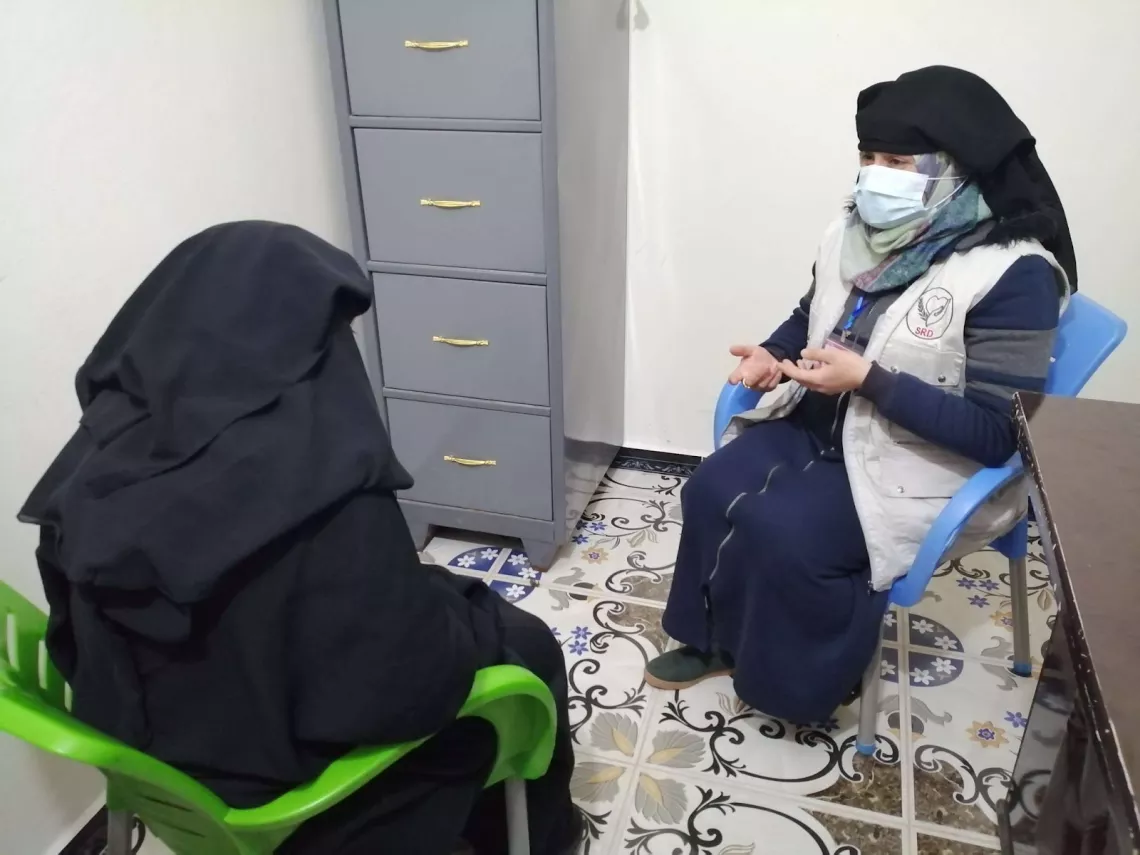
In Northwest Syria, World Vision trained local implementing partners on PM+ and case management using the GBV sub-cluster and WHO resources. The training included GBV core concepts, disclosure and safe referrals. It also targeted specialised and non-specialised protection staff who work on the front line with local communities with the aim of increasing capacity across the board. Acquiring technical skills was not the sole purpose of this training, learning essential skills and traits to work with GBV survivors was another, including building trust, eliminating judgement, confidentiality, active listening and openness.
We have seen a positive impact on the women who received PM+ sessions. Many women shared stories of family and domestic violence, underlying the importance of creating a safe space in providing psychosocial services. The women who received PM+ engaged in breathing exercises and grounding techniques to help them release their stress while sharing difficult experiences. One 40-year-old woman was experiencing difficulty with her children at home and was attending PM+ sessions. "I can feel the changes in my life, I started to laugh again, I have found friends. My family can notice that I have changed, I became calm and positive," she said.
With all the success we have seen for some of those we worked with, operating remotely remains a challenge for us; supervising and managing programmes in Syria from Jordan is not easy. There are challenges that we face from creating standardised modality to support teams remotely, to providing training and supervision, as well as supporting the needs and coordination of the partners and the staff in the field. Nevertheless, seeing the change in lives of GBV survivors drives us to call for a step up and increased funding for protection programming in one of the most dangerous countries for children to live in.
World Vision International co-chairs the No Lost Generation with UNICEF. World Vision is a Christian relief, development and advocacy organisation and the largest child-focused private charity in the world. Our over 37 000 staff members working in nearly 100 countries have united with our incredible supporters to impact the lives of over 200 million vulnerable children by tackling the root causes of poverty. For more information about World Vision and its work, visit World Vision Syria Crisis Response and on Facebook, Twitter, and YouTube.
